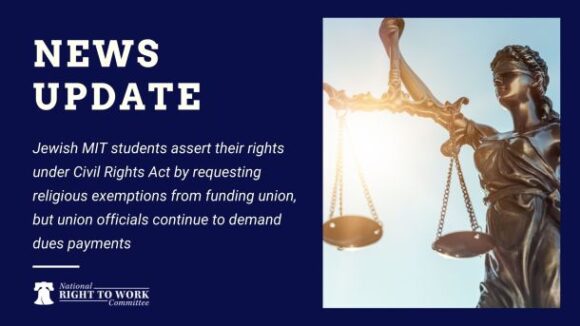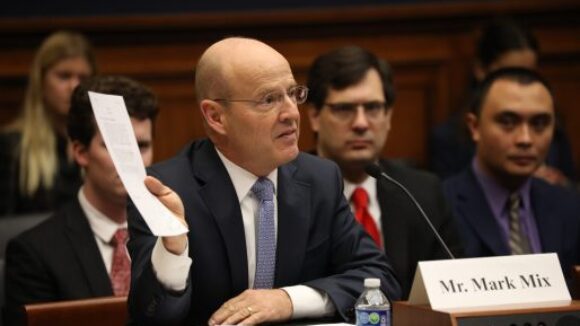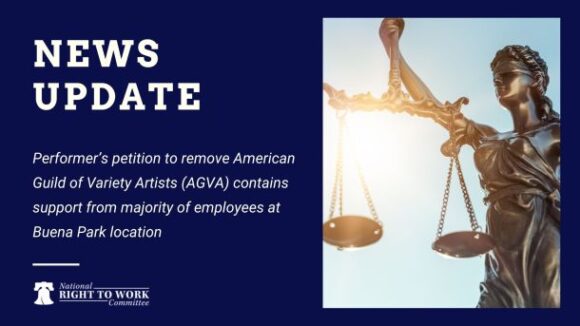Yesterday the Wisconsin State Supreme Court heard arguments regarding the constitutionality of the key restrictions on government union bosses’ monopoly-bargaining privileges included in the wide-ranging 2011 budget-reform measure known as Act 10.
Roughly 14 months ago, Dane County Circuit Judge Juan Colas concocted a new theory to enable himself to find Act 10’s rollback of Big Labor’s monopoly power to negotiate with employers over public servants’ pay, benefits and work rules unconstitutional, even though decades of federal court rulings make it plain that no government entity is obliged under the U.S. Constitution to recognize any union as the “exclusive” bargaining agent of any public employees.
More recently, Colas has at union lawyers’ prompting sought to extend the impact of his activist ruling to the entire state, even though only the parties directly involved may properly be bound by Colas’s September 2012 decision.
Attorney Rick Esenberg, founder and president of the Wisconsin Institute for Law and Liberty, is partnering with the National Right to Work Legal Defense Foundation to represent the interests of educators who wish to be union-free and support Act 10 in the Madison Teachers case.
In a commentary today for Right Wisconsin, Esenberg explains why Colas’s decision was patently incorrect, and why the state Supreme Court is likely to overturn it. To read the entire article (linked below), a subscription may be necessary. Here’s the nub:
[T]he constitutionality of Act 10’s restrictions on collective bargaining continues to be a no-brainer. Everyone agrees that there is no constitutional right to collectively bargain as that term is used in the statutes, i.e., through an exclusive agent with which the public employer is legally obligated to bargain. The unions’ theory is that the law places an unconstitutional condition on collective bargaining by restricting the constitutionality protected right of union members to associate. . . .
The key case relied upon by the unions is Lawson v. City of Milwaukee, a Red Scare era decision that held it was unconstitutional to exclude persons from public housing if they had joined a subversive organization. There is no right to public housing but, the Court concluded, it is unconstitutional to condition the availability of public housing on whether or not one exercises a choice that is constitutionally protected, i.e., the freedom of association to join a “subversive” organization.
But the case is clearly, as we say in the law, inapposite. Those who choose to collectively bargain under Act 10 are not required to forego a constitutionally protected right. They just get a more limited collective bargaining privilege than they would prefer and that was formerly permitted.


